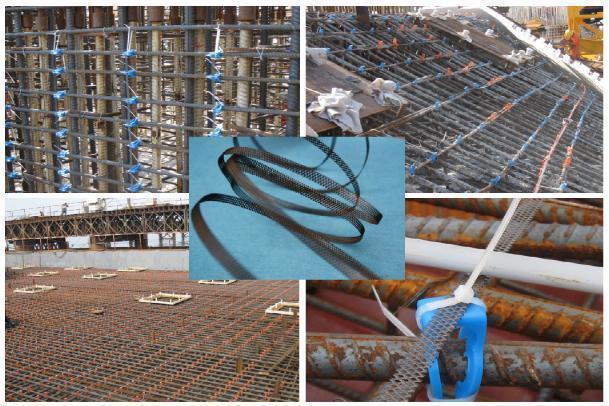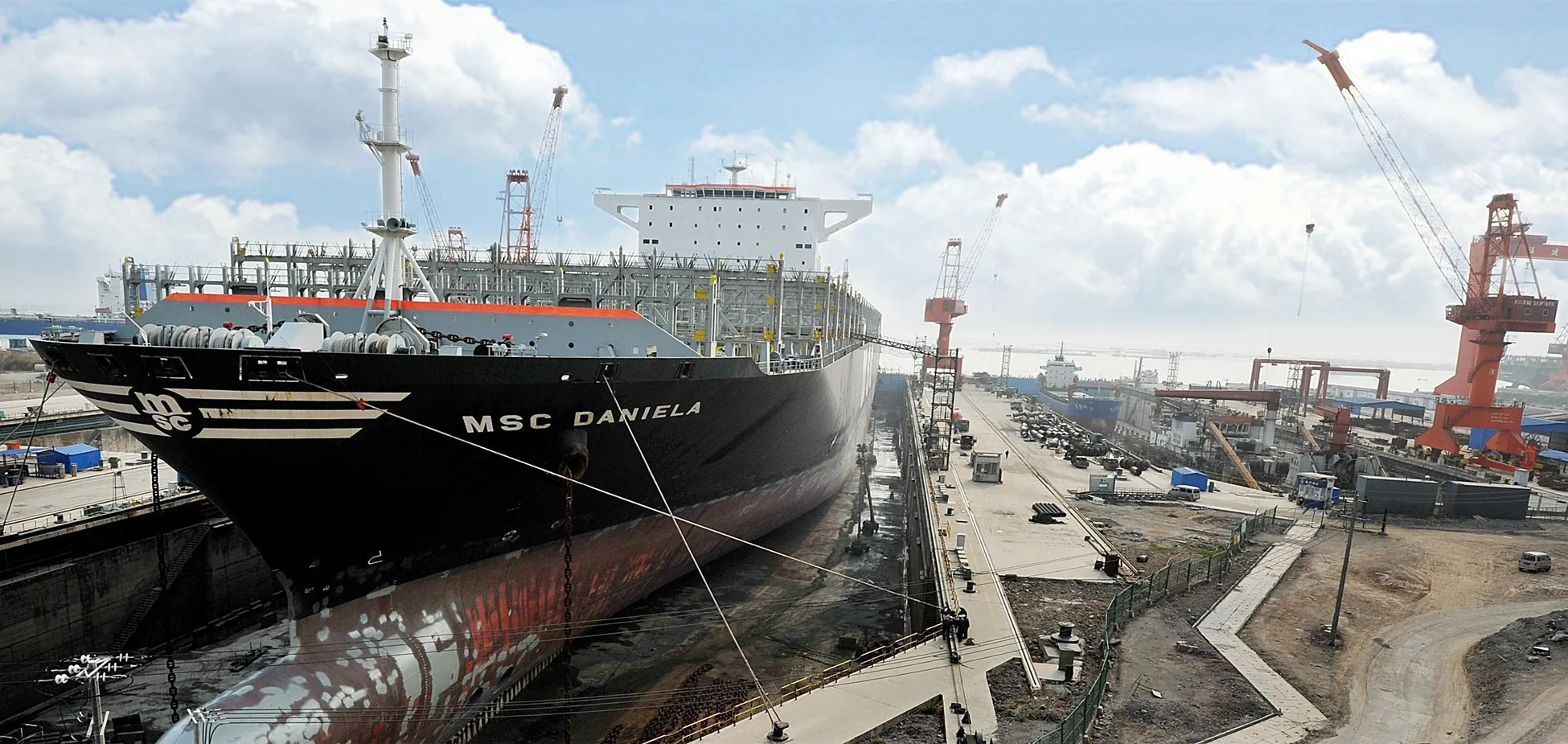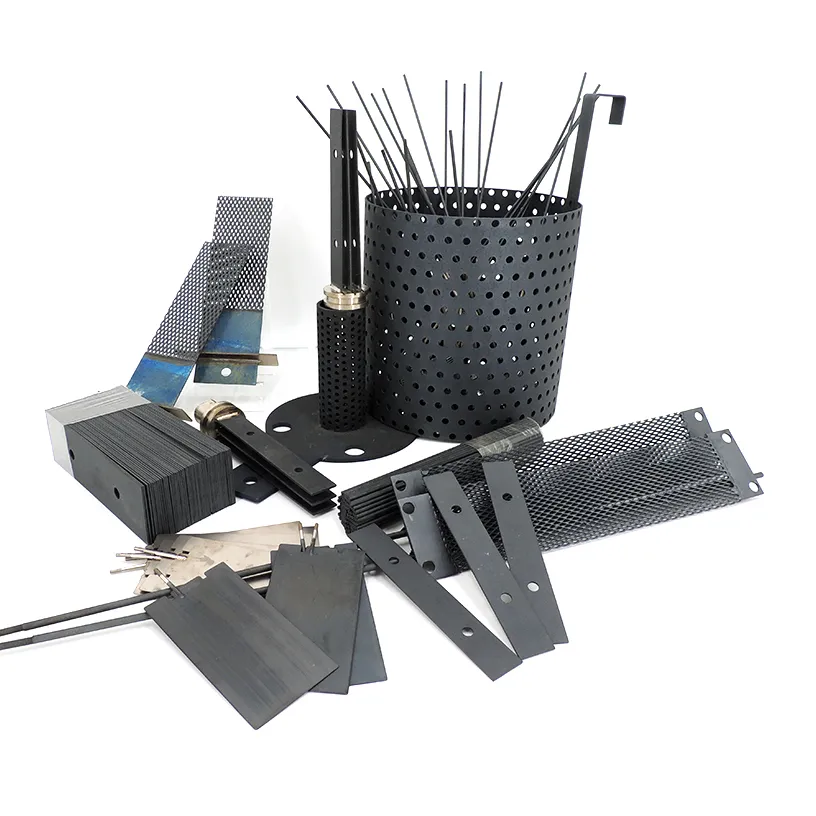Navigating the intricate landscape of corrosion protection, one quickly realizes the monumental role played by Impressed Current Cathodic Protection (ICCP) anodes. These sophisticated devices are critical in ensuring the longevity and integrity of metallic structures, especially those constantly battling aggressive environments. This comprehensive guide is tailored for professionals, whether you’re new to the world of ICCP or aiming to deepen your expertise. Here, we address the most pressing questions surrounding ICCP anodes.
1. What are ICCP Anodes?
ICCP Anodes, synonymous with Impressed Current Cathodic Protection Anodes, are specialized electrochemical devices curated to shield metal structures from the relentless onslaught of corrosion. Their modus operandi involves releasing a meticulously controlled electrical current, neutralizing corrosive agents in the surrounding environment, thus preserving the integrity of the core structure.
Table of Contents
2. How do ICCP Anodes Work?
At the heart of ICCP anodes lies the principle of transforming the metal structure into the cathode within an electrochemical cell. By disseminating a protective current, they effectively inhibit the electrochemical corrosion process. This ensures that the metal remains inert, resisting the urge to corrode when faced with potential corrosive agents.
3. Why are ICCP Anodes Essential in the Maritime Industry?
Maritime assets, from gargantuan ships to delicate sensors, are perpetually bathed in saltwater, a notorious agent of corrosion. ICCP anodes emerge as the industry’s stalwart defense, providing a consistent and efficient countermeasure to these corrosive challenges, thereby ensuring maritime structures endure and perform optimally.
4. What Materials are Commonly Used in ICCP Anodes?
The choice of material is pivotal for the efficacy of ICCP anodes. Durable and resistant materials like mixed metal oxide, and platinum-coated titanium have become the industry’s favorites. Their unique properties enable them to function optimally even in the harshest of environments.
5. Are There Different Types of ICCP Anodes?
Absolutely. Depending on the nuances of the application, structure’s design, and prevailing environmental conditions, ICCP anodes can take various forms. These include tubular, rod, ribbon, disk, mesh, spiral, linear, and bracelet anodes, each tailored for specific applications and challenges.
6. How Often Should ICCP Anodes be Replaced?
The longevity of an ICCP anode is contingent on multiple factors, including its material composition, operational demands, and environmental challenges. Regular, meticulous inspections and potential output tests are invaluable, offering insights into the anode’s health and indicating when a replacement or maintenance might be imminent.
7. What Common Mistakes Should be Avoided with ICCP Anodes?
Navigating the ICCP terrain requires precision and foresight. Common missteps to be wary of include: miscalculating anode sizing, opting for unsuitable materials, haphazard anode placement, neglecting compatibility checks, being complacent with maintenance routines, and sidelining expert consultations.
8. How Do I Choose the Right ICCP Anode for My Project?
The key lies in collaboration. Engaging early and often with an ICCP specialist ensures that every decision, from material selection to anode placement, is tailored to your project’s unique demands, environmental challenges, and desired longevity outcomes.
9. Are There Environmental Concerns with ICCP Anodes?
While ICCP anodes are meticulously designed to prioritize environmental safety, vigilance is necessary. Ensuring that anodes and their by-products remain benign, especially in fragile marine ecosystems, is crucial to maintain a balance between protection and preservation.
10. How has Technology Enhanced ICCP Anode Efficiency?
The confluence of modern material science, artificial intelligence (AI), and the Internet of Things (IoT) has propelled ICCP anode performance to new heights. Contemporary systems are equipped to fine-tune anode performance in real-time, guaranteeing unparalleled protection while optimizing energy consumption.
In Conclusion
To truly master the domain of corrosion protection, a profound understanding of ICCP anodes is indispensable. With this knowledge, bolstered by expert consultation, businesses can ensure the pristine condition and longevity of their assets. As the industry continues to evolve and innovate, staying abreast of ICCP anode advancements becomes more than just a necessity—it’s a hallmark of professional excellence.




